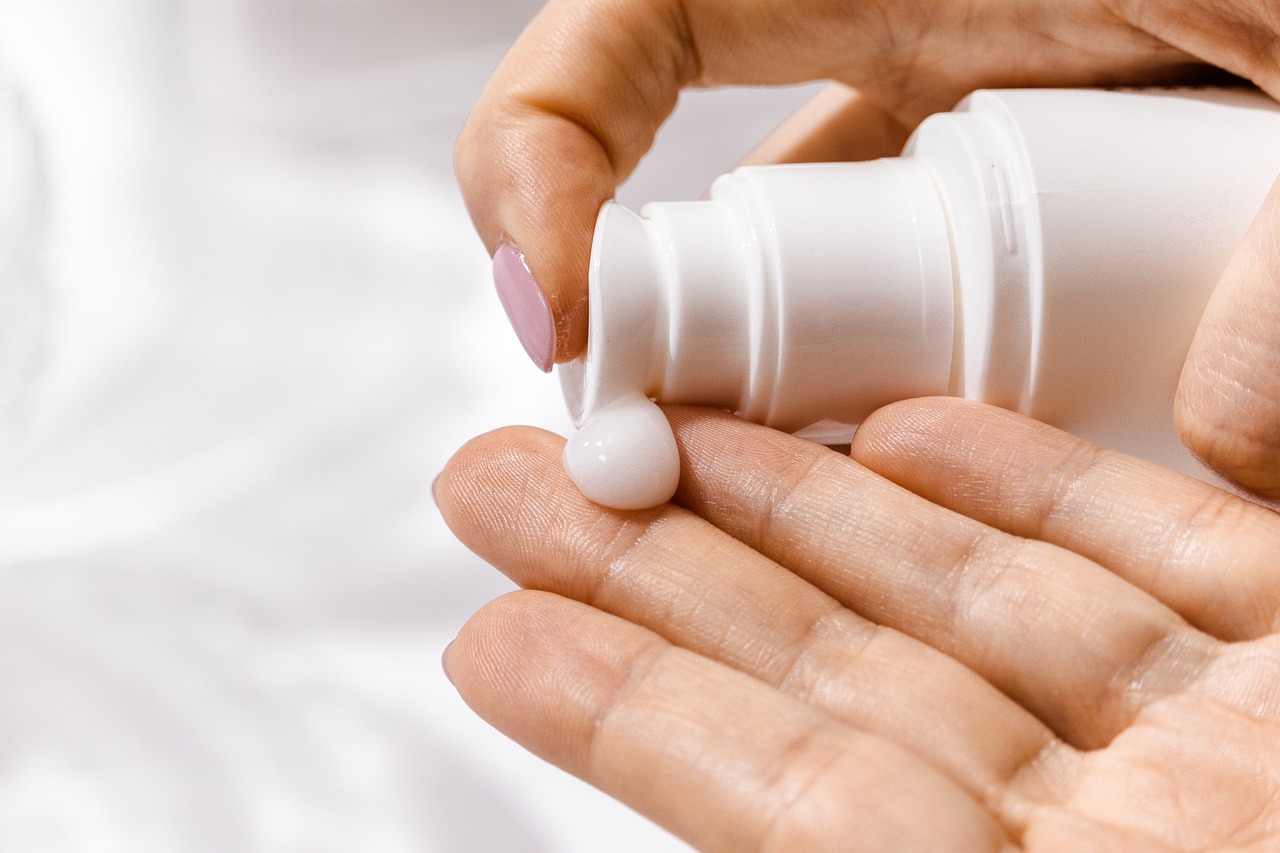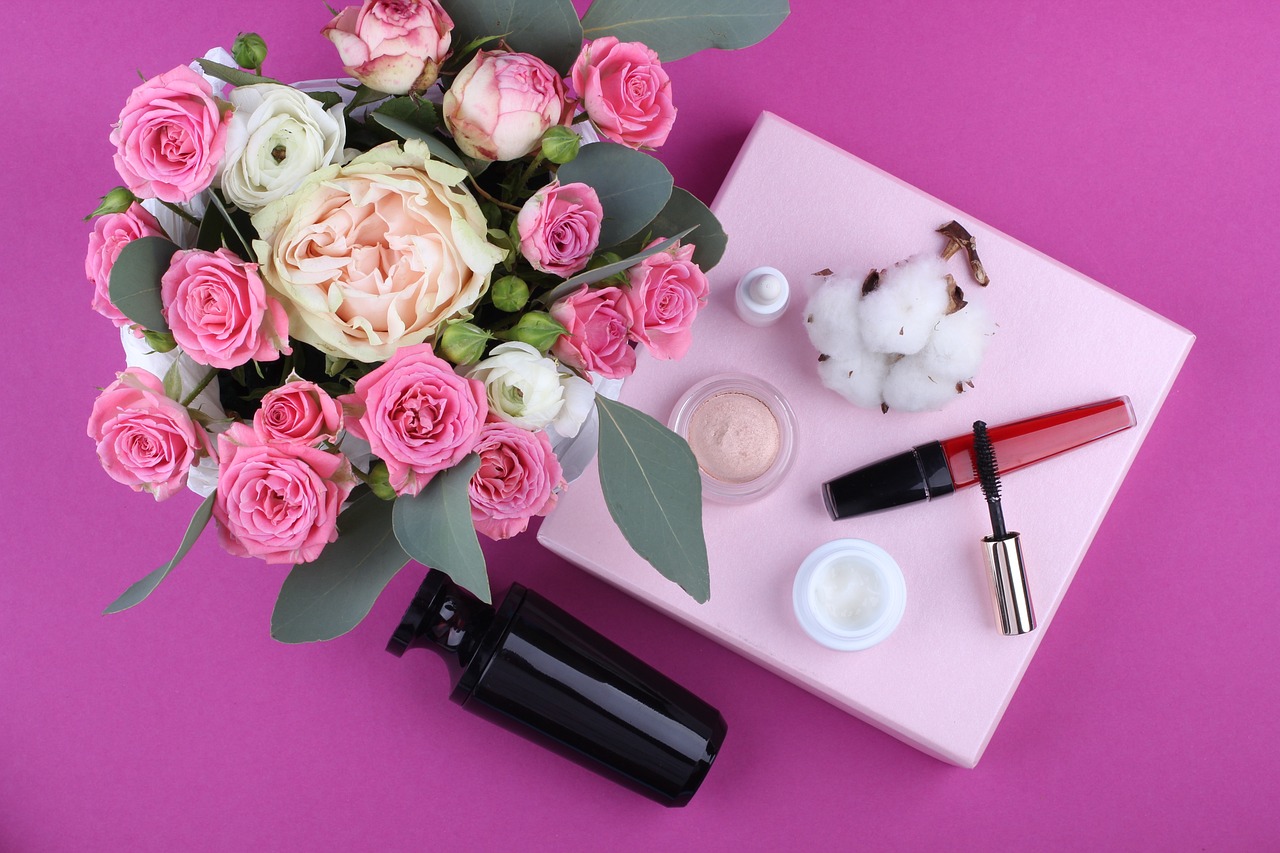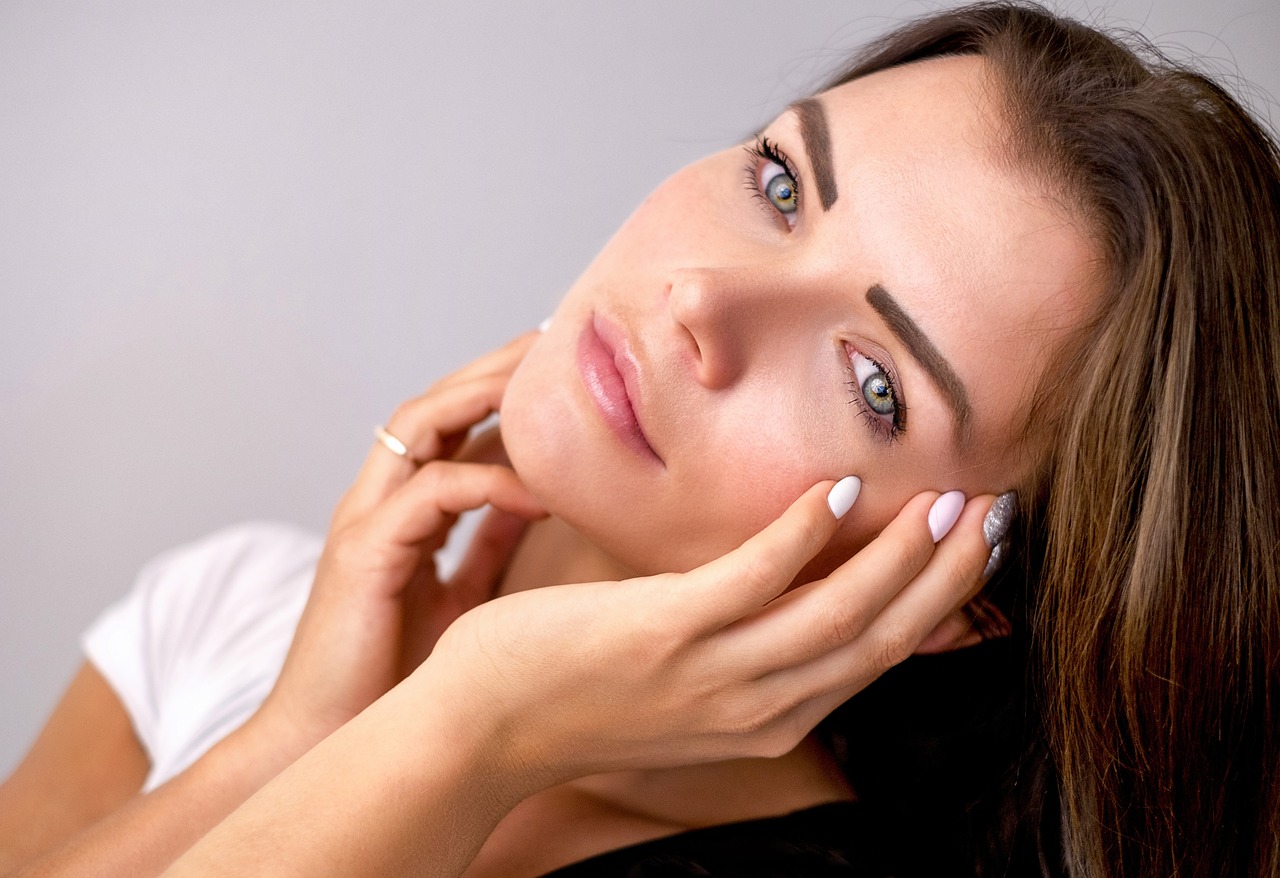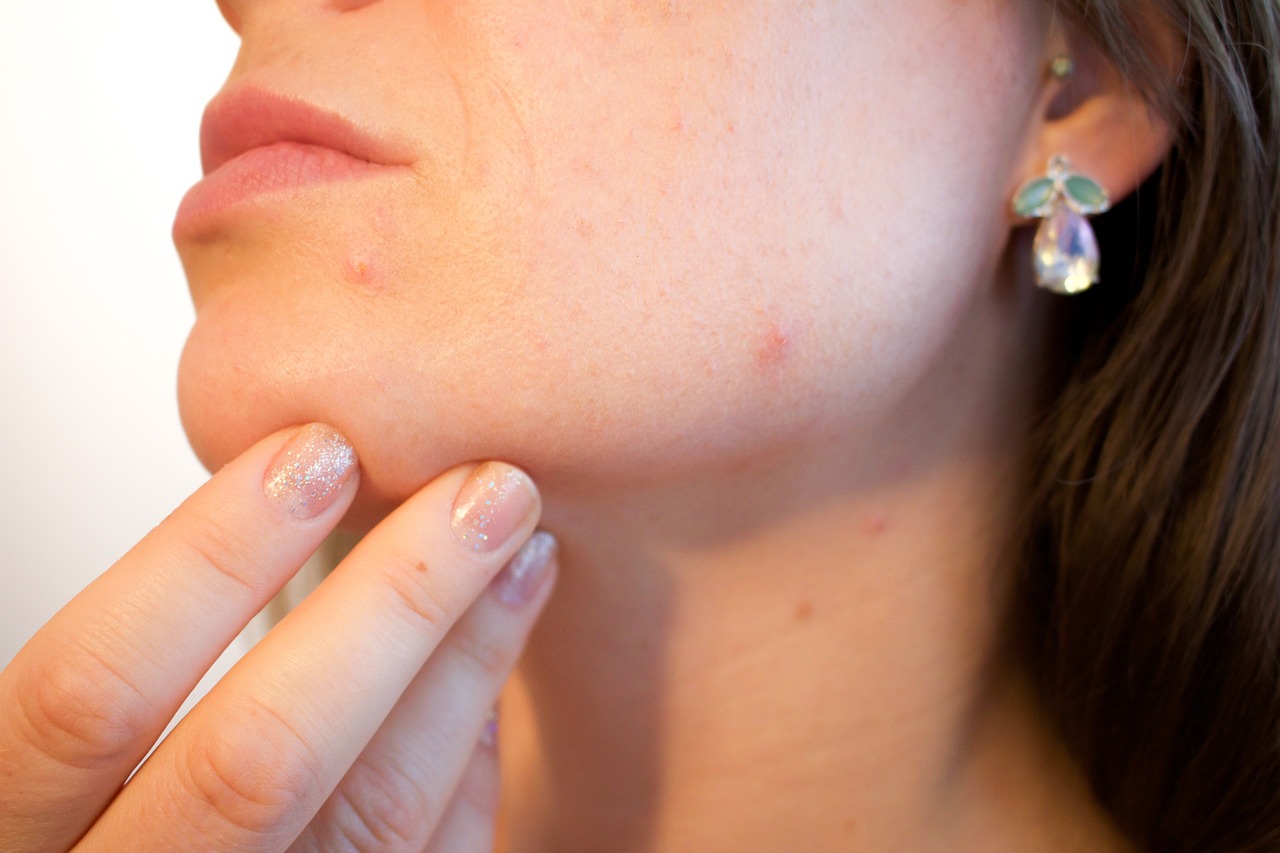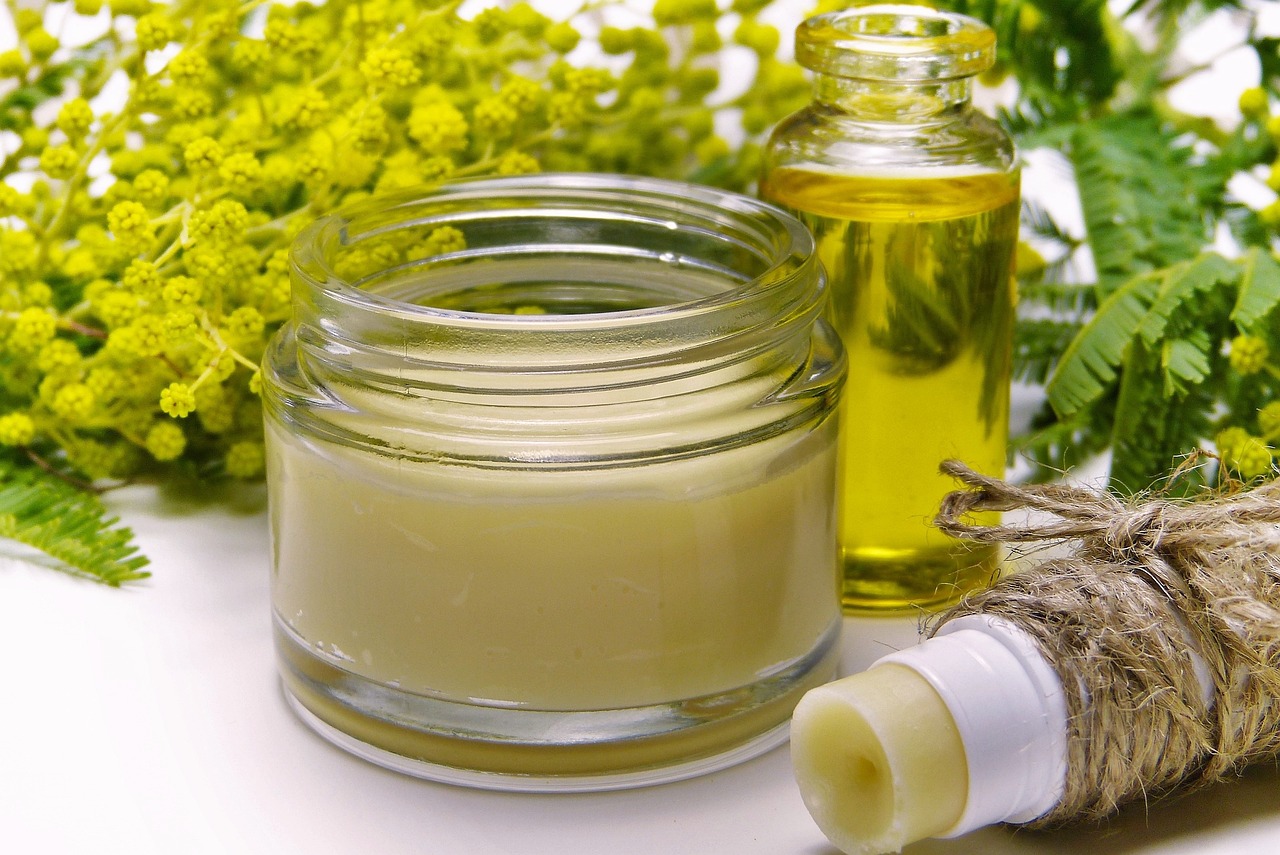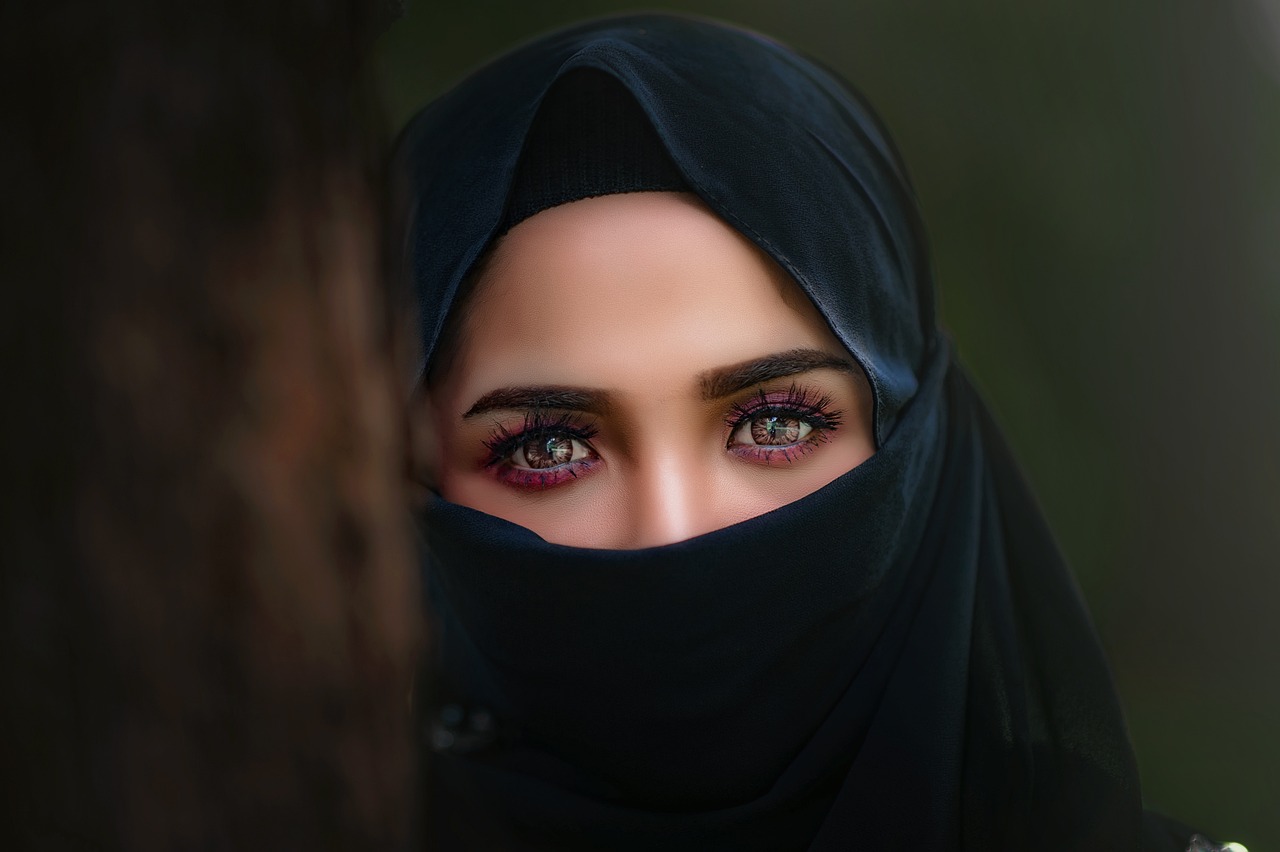When it comes to skincare, sunscreen often feels like an afterthought, but in reality, it’s one of the most crucial components of a healthy beauty regimen. Sun exposure can cause a variety of skin problems, from premature aging to an increased risk of skin cancer. Incorporating sunscreen into your daily routine is an effective way to protect your skin from these harmful effects. In this article, we’ll discuss why sunscreen is a non-negotiable part of your daily beauty routine and how it can benefit your skin in the long run.
1. Protection Against Harmful UV Rays
The sun emits two types of ultraviolet (UV) radiation that are harmful to the skin: UVA and UVB rays. UVA rays penetrate deep into the skin and are primarily responsible for aging, while UVB rays cause sunburn and play a major role in the development of skin cancer.
- Broad-Spectrum Sunscreen: A broad-spectrum sunscreen protects against both UVA and UVB rays. It’s essential to use a product labeled broad-spectrum to ensure your skin is protected from all forms of sun damage.
- Daily Use is Key: UV rays are present year-round, even on cloudy days or during the winter. Wearing sunscreen every day helps protect your skin from both immediate damage and long-term health risks.
2. Prevents Premature Aging
One of the most visible effects of sun exposure is premature aging. Prolonged exposure to UVA rays breaks down collagen and elastin fibers, leading to wrinkles, fine lines, and sagging skin.
- Photoprotection: By using sunscreen daily, you create a barrier that helps prevent photoaging. Studies have shown that individuals who consistently use sunscreen experience fewer signs of aging compared to those who skip this vital step.
- Retaining Skin Elasticity: The skin’s elasticity and firmness are heavily influenced by collagen. Protecting your skin with sunscreen helps maintain collagen production, keeping it smooth and supple.
3. Reduces Hyperpigmentation
Sun exposure can also cause hyperpigmentation—dark spots, uneven skin tone, and melasma. These conditions can be particularly challenging to treat, and prevention is always the best strategy.
- Prevents Dark Spots: UV rays can trigger the production of melanin, leading to dark spots and patches on the skin. Using sunscreen daily helps prevent the formation of new spots and prevents existing ones from getting worse.
- Helps Even Skin Tone: If you’re dealing with hyperpigmentation, sunscreen is a must-have. It protects your skin from further pigmentation, allowing treatments such as vitamin C serums or brightening creams to work more effectively.
4. Lowers the Risk of Skin Cancer
Skin cancer is the most common form of cancer, and sun exposure is the leading cause. Protecting your skin with sunscreen is one of the most effective ways to reduce your risk.
- Prevents DNA Damage: UV radiation can damage the DNA in your skin cells, which can lead to mutations and, eventually, skin cancer. Sunscreen acts as a protective barrier that reduces this damage and helps keep your skin healthy.
- Daily Commitment: Studies have shown that consistent use of sunscreen, even in childhood, can significantly reduce the risk of developing skin cancer later in life. Making sunscreen a daily habit is an investment in your long-term health.
5. Prevents Sunburn and Inflammation
Sunburn is one of the immediate results of prolonged sun exposure without adequate protection. Sunburns are not only painful but can also lead to more serious health issues over time, such as increased risk of skin cancer.
- SPF Matters: Using a sunscreen with an appropriate SPF (Sun Protection Factor) helps protect your skin from burning. SPF 30 is a recommended minimum for daily use, as it blocks approximately 97% of UVB rays.
- Avoids Skin Inflammation: Sunburn can cause inflammation and redness, which can damage the skin’s barrier function. Regular use of sunscreen helps prevent these harmful effects, keeping your skin comfortable and healthy.
6. Sunscreen is for All Skin Types and Tones
There is a misconception that only certain skin types or tones need sunscreen. In reality, everyone, regardless of their skin tone, should be using sunscreen every day.
- Dark Skin Tones: While individuals with darker skin tones have more melanin, which provides some natural protection against UV radiation, it is not enough to prevent all forms of sun damage. Dark skin can still develop hyperpigmentation, sunburn, and skin cancer, so sunscreen is essential.
- Sensitive Skin: If you have sensitive skin, look for sunscreens that are fragrance-free and formulated with mineral ingredients like zinc oxide or titanium dioxide. These ingredients are less likely to cause irritation and are perfect for those with sensitive or acne-prone skin.
7. Modern Sunscreens are Better Than Ever
Gone are the days of thick, chalky sunscreens that leave a white cast. Modern sunscreens come in a variety of formulations to suit different skin types and preferences.
- Lightweight Formulas: Gel-based and water-based sunscreens are ideal for those with oily or combination skin, as they absorb quickly and don’t feel greasy.
- Tinted Sunscreens: Tinted sunscreens provide the added benefit of evening out skin tone while protecting from UV rays. They can even act as a light foundation, making them perfect for daily wear.
- Moisturizing Sunscreens: For those with dry skin, many sunscreens are formulated with hydrating ingredients like hyaluronic acid and ceramides to provide both sun protection and moisture.
8. How to Incorporate Sunscreen into Your Routine
Adding sunscreen to your daily routine doesn’t need to be complicated. Here are some tips for making it an easy and essential part of your skincare regimen.
- Apply as the Last Step: Apply sunscreen as the last step in your skincare routine, after moisturizing. If you wear makeup, consider using a sunscreen that acts as a primer or choose a makeup setting spray with SPF.
- Reapply Throughout the Day: If you’re spending a lot of time outdoors, make sure to reapply sunscreen every two hours. There are also convenient powder sunscreens and sunscreen mists that make reapplying over makeup easy.
- Don’t Forget Key Areas: Remember to apply sunscreen to all exposed areas, including your neck, ears, hands, and lips. The skin in these areas is also vulnerable to sun damage and requires protection.
9. Myths About Sunscreen
There are many myths and misconceptions about sunscreen that can prevent people from using it effectively. Let’s debunk a few of the most common ones.
- Myth 1: Sunscreen is Only Needed on Sunny Days: UV rays are present year-round, even on cloudy days. Up to 80% of the sun’s rays can penetrate through clouds, so daily use of sunscreen is important, regardless of the weather.
- Myth 2: Higher SPF Means You Don’t Need to Reapply: No matter how high the SPF is, sunscreen needs to be reapplied every two hours, especially if you’re swimming or sweating. SPF 50 or higher does provide more protection, but it doesn’t mean it lasts all day.
- Myth 3: Makeup with SPF is Enough: While makeup with SPF is better than no protection, it’s often not enough to provide adequate coverage. It’s best to use a dedicated sunscreen underneath your makeup.
10. The Role of Sunscreen in Anti-Aging
Sunscreen is the best anti-aging product you can use. Protecting your skin from UV rays helps prevent wrinkles, age spots, and the breakdown of collagen and elastin fibers.
- Collagen Preservation: Collagen is what keeps your skin firm and elastic. UV exposure accelerates the breakdown of collagen, leading to sagging and wrinkles. Daily sunscreen use helps preserve collagen, keeping your skin youthful.
- Even Skin Tone: Preventing sun damage also means you’re less likely to develop sunspots and age spots, which contribute to an uneven skin tone. Sunscreen helps maintain a smooth, even complexion.
11. Sunscreen and Your Health
Beyond beauty, sunscreen is about protecting your health. Skin cancer is preventable, and sunscreen is one of the easiest ways to lower your risk.
- Routine Screenings: In addition to wearing sunscreen, it’s important to check your skin regularly for any changes or unusual moles. Early detection of skin cancer makes it much easier to treat.
- Pair with Other Protective Measures: Sunscreen should be used in conjunction with other protective measures, such as wearing hats, seeking shade, and wearing protective clothing, to minimize your sun exposure.
Sunscreen is not just an optional addition to your beauty routine—it’s a necessity for maintaining healthy, radiant skin. Whether you’re preventing premature aging, protecting against skin cancer, or simply keeping your complexion even and bright, sunscreen is the ultimate ally in your skincare arsenal. Make it a habit, and your skin will thank you for years to come.


